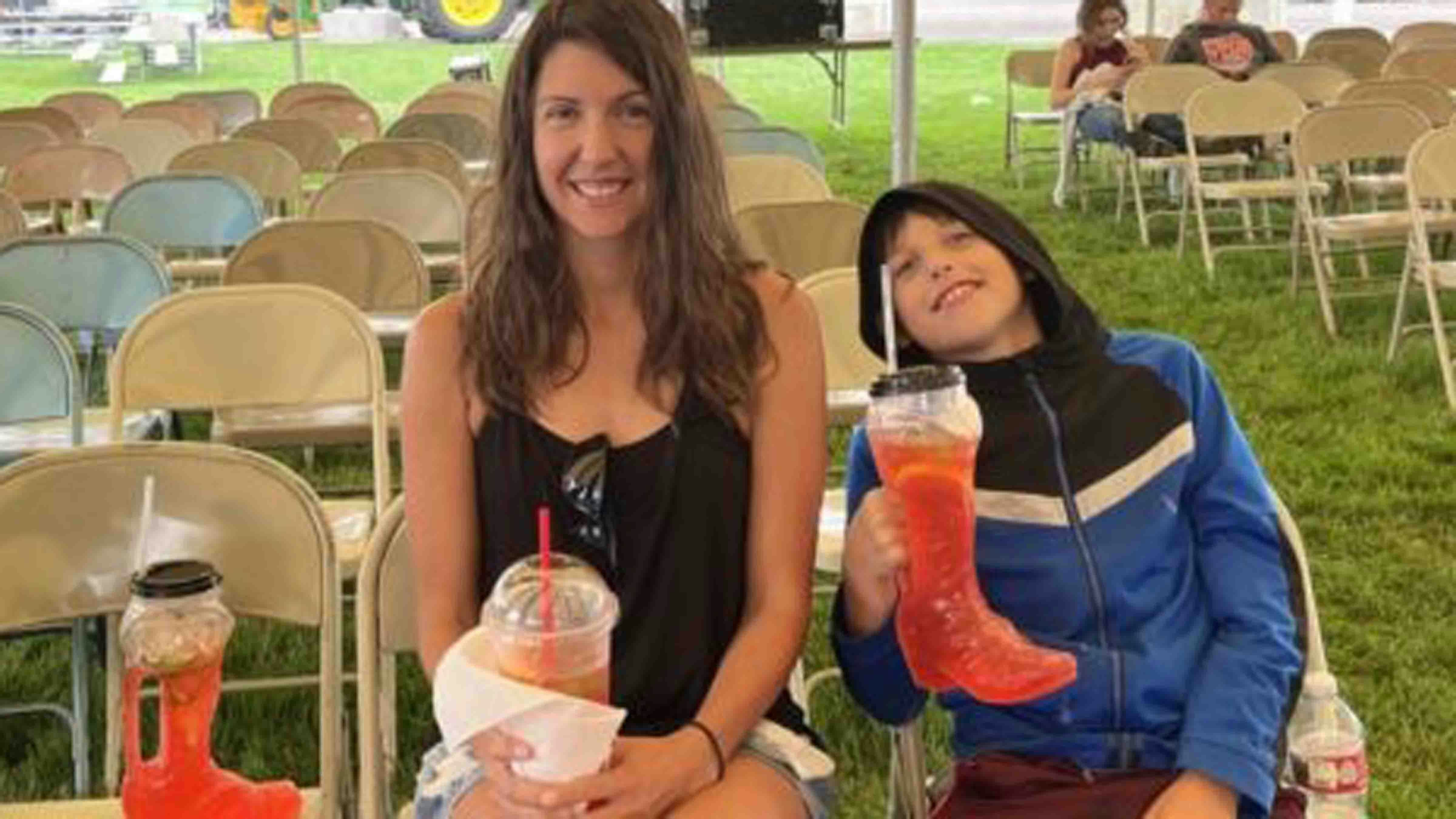Imagine telling your mayor not to talk to other mayors. Or asking your county commissioners to make complex policy decisions without training, legal advice, or peer collaboration.
That’s exactly what some lawmakers are demanding when they attack elected officials’ associations — and the public dollars that support them.
Let’s call this out plainly: These associations are essential to good governance, fiscal responsibility, and protecting local control.
The attacks on them? They’re rooted in misinformation, political theater, and no small amount of hypocrisy.
In Wyoming, groups like the Wyoming Association of Municipalities (WAM) and the Wyoming County Commissioners Association (WCCA) help local leaders do their jobs well.
They offer education, legal support, policy briefings, and a seat at the table when state laws are being shaped. They help elected officials across our 99 towns and 23 counties learn, connect, and act in the best interests of their communities.
Only a small fraction of these groups’ work — less than 15% — involves legislative interaction. And even that is focused on helping lawmakers understand how proposed policies will play out in the real world.
The rest? It’s about building competent, responsive, and efficient local government.
That’s not lobbying. That’s leadership.
These associations help the county clerk understand evolving election laws. They guide a rural commissioner through disaster recovery resources. They help cities plan for infrastructure funding or mental health support.
Without them, many Wyoming communities would be left to navigate these challenges alone -- without the legal support, research, or connections needed to make smart decisions.
Opponents claim these associations use taxpayer money to lobby “against the will of the people.” But here’s a question worth asking: who exactly are “the people”?
Because the local officials in these associations are elected, just like the legislators leveling the criticism. They’re our neighbors. They’re accountable at the ballot box.
And they’re the ones closest to the day-to-day issues that impact our lives -- roads, water, emergency response, zoning, broadband.
The idea that these officials are somehow betraying the public by seeking clarity, collaboration, and shared expertise is not just absurd -- it’s insulting.
There’s also something glaringly hypocritical here.
Some of the loudest critics of elected official associations are themselves aligned with national political networks.
They accept help from ideological groups that draft legislation and lobby lawmakers across the country. That’s not theory -- it’s practice.
These national groups wield enormous influence behind the scenes. And they are anything but transparent or locally accountable.
Yet it’s Wyoming’s own local officials, operating in broad daylight through publicly overseen associations, who are being cast as the threat?
Let that sink in.
The real agenda here isn’t about saving taxpayer dollars or protecting transparency.
It’s about consolidating control. If local governments are weakened -- if their support systems and collective voices are dismantled -- then a small number of ideological actors get to fill the vacuum.
That’s not protecting the people. That’s silencing them.
Let’s be honest: no one mayor, clerk, or commissioner can master every policy or legal change coming down the pike in Cheyenne.
Associations exist so they don’t have to. These groups pool resources, provide training, offer legal insight, and share real-time policy updates.
They’re how a town with three employees can keep pace with a changing regulatory landscape. They’re how rural counties can get their voices heard in Cheyenne and beyond.
And they do it all while being subject to budget transparency, and accountability to their members—and to the public.
If we cut off public support for these associations, it’s not the associations that will suffer. So too will the towns and counties that rely on them. And the voters who expect their local leaders to be informed, prepared, and connected.
Public dues aren’t political favors. They’re how we invest in fair and effective government.
So next time someone tells you these associations are the problem, take a moment to ask who benefits from weakening them.
If anything, we should expect more -- not less -- cooperation among our elected officials. And we should insist that our public dollars continue supporting the tools and training they need to serve us well.
Because when local leaders stand together, they don’t just stand up for themselves.
They stand up for all of us.





